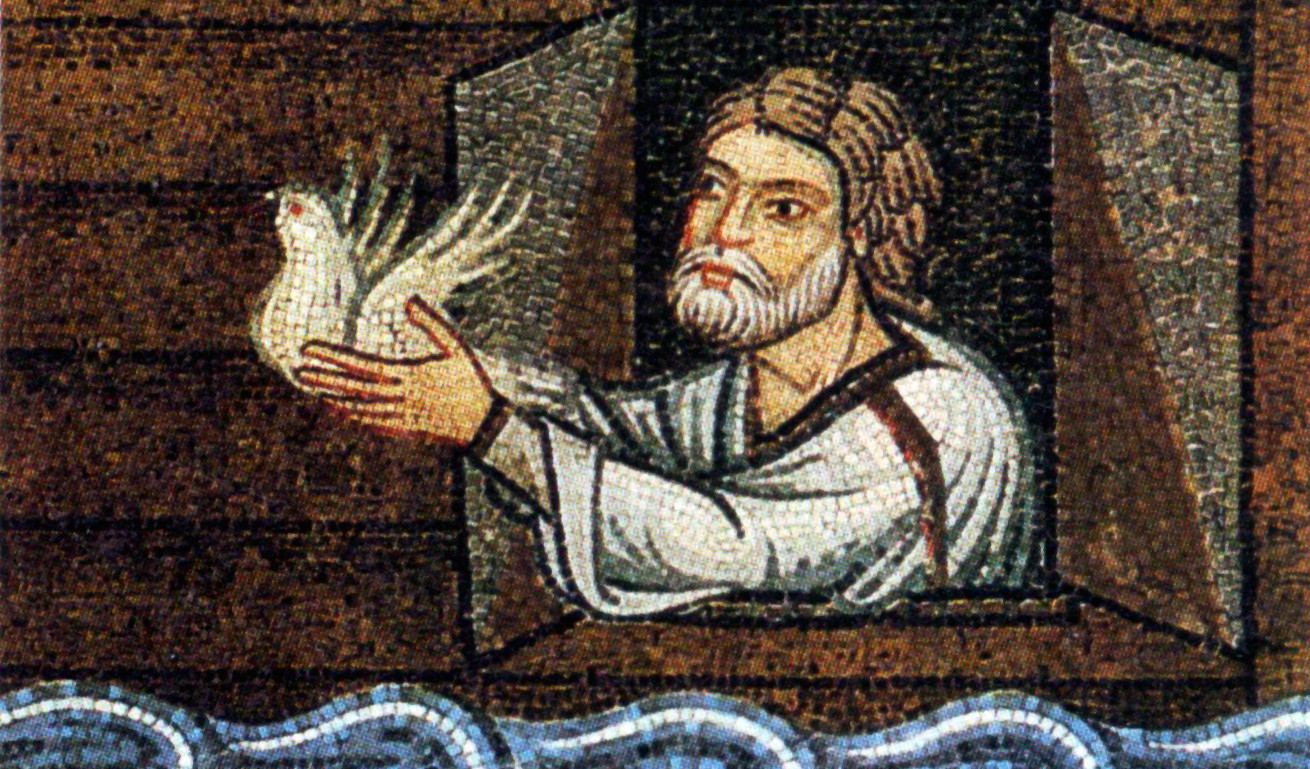Commentary on Parashat Noach, Genesis 6:9-11:32
Many Mideastern cultures have a primal myth of a great flood. In biblical Judaism, this is found in the familiar story of Noah and the ark. Judaism alone has placed the story in the context of the struggle between good and evil.
Noah was selected to renew the world because he was the most righteous man in his generation. The describes him as someone who “walked with God” and was blameless or, in the Torah’s words. “righteous and whole-hearted in his generation” [6:9]. Noah’s time was one of widespread wickedness. He apparently didn’t speak out against the evil acts performed in his day. However, because he alone didn’t succumb to the temptations to act immorally that existed everywhere, he was seen as righteous person.
Who is Righteous?
But who really is a righteous person? By way of response, a story:
In Pdnask, a , less than three kilometers from Fyranski, in the Krakow district, lived a group of enlightened, scholarly Jews who met every Tuesday night to discuss world events [the Polish paper from Krakow arrived on Mondays], and to drink some schnaps (whiskey).

Help us keep Jewish knowledge accessible to millions of people around the world.
Your donation to My Jewish Learning fuels endless journeys of Jewish discovery. With your help, My Jewish Learning can continue to provide nonstop opportunities for learning, connection and growth.
We know these Jews were enlightened, because included in their discussions were, from time to time, one or more friendly gentiles. One evening, a local gentile — a good, honest fellow in the horse business — joined them, and brought the schnaps.
As the discussion commenced and the schnaps was consumed, the conversation turned to the subject of “righteousness.” Chayim, the group’s leader, who was perhaps in a whiskey-induced haze, blurted out the very politically incorrect — and quite probably dangerous — statement, “Jews are more righteous than gentiles.” (Even in sophisticated mixed company, in that time and place, this was going too far. As a minority in Poland, Jews could never express superiority). He continued, “Jews don’t hunt, don’t kill or rob, and don’t start wars!”
The Jews present were stunned into silence. Finally, the gentile smiled and quietly said, “Of course, you don’t shoot guns; we won’t let you own any! You’re always the victims. You have no power. It’s easy to be righteous when you’re victims.”
We Are No Longer Victims
Today, we Jews are in a very different position than the Jews of that story; we’re no longer victims. A verse in the Torah that relates particularly to our situation is “you are not allowed to stand idly by” when another’s life is at risk. As Jews, we must respond to a higher standard of morality than merely passive righteousness, than being “blameless.”
Today, unlike in pre-Holocaust Poland, Jews do have guns! At the beginning of the 21st century, we have power as a nation and as a community in America. Largely through exercising this power while trying to act as a “light unto nations,” we define our righteousness in this generation.
Does Israel act as a light unto the nations? Does American Jewry? Do our communal bodies and we as individuals?
The test of righteousness for those holding power is more demanding than for those who are powerless. Are we righteous, or are we merely “blameless,” as Noah was in his generation and the Polish Jews near Krakow were in theirs? Have we stood idly by as others have suffered? Today, it’s no longer enough just to be blameless.
Provided by the UJA-Federation of New York, which cares for those in need, strengthens Jewish peoplehood, and fosters Jewish renaissance.



